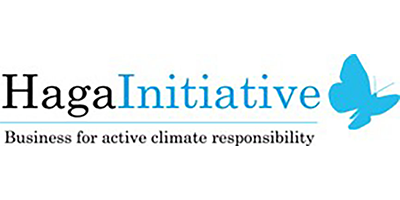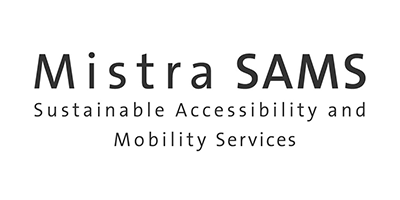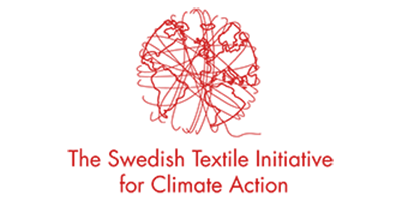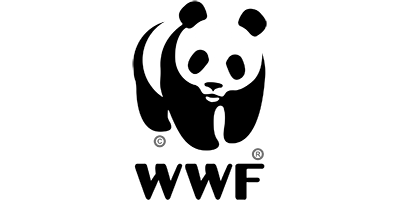Exponential community of practice
Members in the Exponential Roadmap Initiative contribute to the development of frameworks, guides and tools such as the 1.5°C Business Playbook or the SME Climate Hub, They may also join dedicated working groups such as the 1.5°C Supply Chain Leaders,
Exponential Roadmap Initiatives hosts joint meetings and workshops, as well as individual dialogues, to identify strategic areas where each member can contribute and benefit. Members are expected to share information and challenges about their climate action and contribute to common projects.
Influencing
climate governance
The Exponential Roadmap Initiative influences global climate standards and frameworks in order to accelerate action and increase credibility and accountability. Members can contribute to the next global standards and frameworks through Exponential Roadmap Initiative.
A team for impactful climate communication
Exponential Roadmap Initiative supports bringing the voice and work of company partners to wider audiences in the international climate space. From collaboration on media outreach to events at major milestones in the international climate year, Exponential Roadmap Initiative helps company partners harness strategic opportunities for impactful communication of their climate work.
Interested in joining?
Our Climate Performance Review assesses whether a company meets the criteria to join Exponential Roadmap Initiative and/ or the Race to Zero campaign. For more information on the benefits and requirements of being a member, email us at hello@exponentialroadmap.org.
Exponential Roadmap Initiative members
ERI members are committed to halving global greenhouse gas emissions before 2030 through exponential climate action and solutions, receiving our support in strategic advice, transition plans, and accelerating climate efforts.
Exponential Roadmap Initiative organisational partners
We collaborate with research and other organisations in the climate space to leverage collective power towards halving emissions by 2030 and global net zero by 2050.


































































